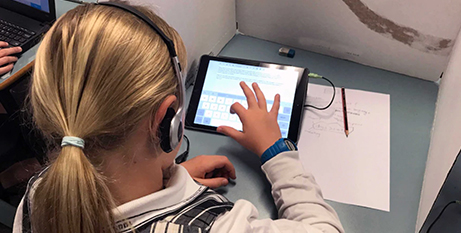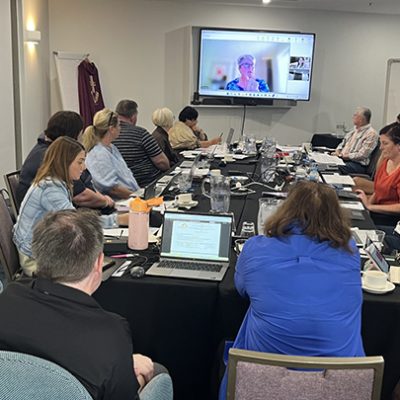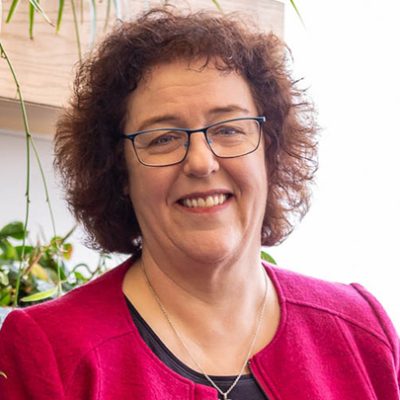
One third of Australian students aren’t meeting “challenging but reasonable” expectations for literacy and numeracy following the third straight year of concerning NAPLAN results. Source: ABC News.
About 10 per cent of students are so far behind they require additional support to catch up to their peers, while about one-fifth are rated as merely “developing” toward expectations.
“We’ve seen declines in student achievement despite significant investment in funding of the school system,” education analyst Glenn Fahey, from the Centre for Independent Studies, said.
- In reading, on average 9.3 per cent of students were at the “needs additional support” level;
- In numeracy, on average 9.2 per cent of students were at the “needs additional support” level; and
- In writing, on average 9.4 per cent of students were at the “needs additional support” level,
Mr Fahey is particularly concerned about the large number of students who need additional support, warning that many never catch up.
“This is a code red for your students’ achievement in school. Children who start behind and underachieve in NAPLAN have little to no chance of achieving at year level expectations by the time they finish school,” he said.
“We must demand urgency when it comes to school education, the time for incrementalism has passed, the lives of children are at risk when we get education wrong here in Australia.”
NAPLAN is an annual test of students in years 3, 5, 7 and 9 which aims to give a national snapshot as well as individual markers of progress in basic literacy and numeracy.
The agency that runs the test — the Australian Curriculum, Assessment and Reporting Authority (ACARA) — described the results as “broadly stable” but with some signs of improvement.
However, ACARA highlighted persistent trends that have seen Indigenous, remote and rural students, and those from disadvantaged backgrounds lagging well behind their peers.
“At a national level, we need to continue to put our collective attention and collective action towards supporting those students in regional and remote schools,” ACARA chief Stephen Gniel said.
“Disproportionately, as well as our kids from disadvantaged backgrounds, our Indigenous kids, there’s still areas for us to focus on, and NAPLAN points that out.”
FULL STORY
NAPLAN results again show one-third of students aren’t meeting literacy and numeracy expectations amid calls for urgent change (By Conor Duffy and Alison Branley, ABC News)






